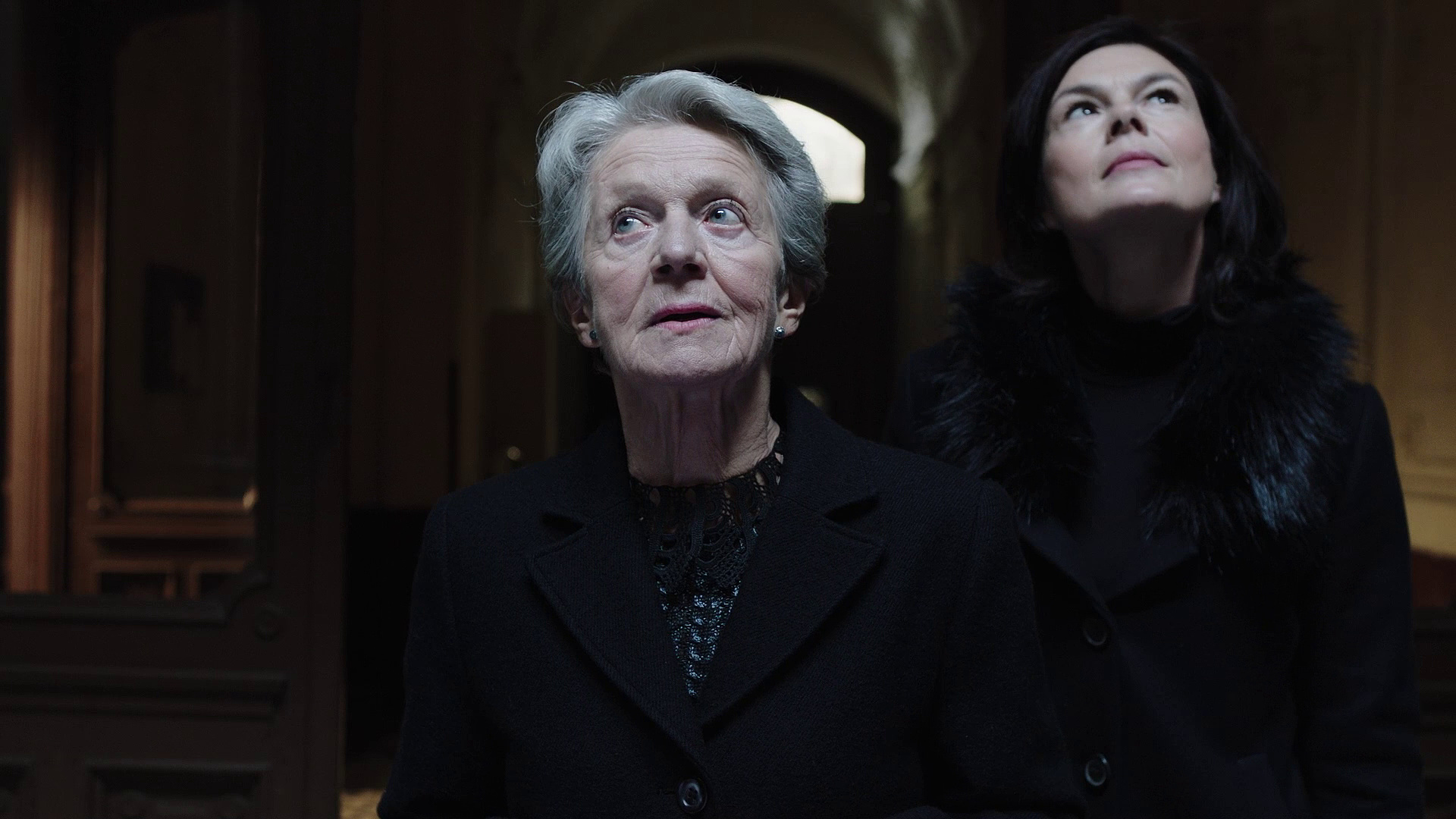
- Golden Globe Awards
Pilate (Hungary): Interview with Linda Dombrovzsky
Pilate allows us to witness a relationship between mother and daughter and the challenges that arise when love is not accompanied by understanding. It is an adaptation of the novel by Magda Szabó – published in English under the name of Iza’s Ballad – and is director Linda Dombrovzsky’s first feature. This Hungarian entry has already won several awards in international film festivals – namely, Best Picture and Best Director at the MIFF awards in Milan last January. We spoke to Dombrovszky about the project.
What was your professional path towards the making of?
I studied filmmaking in Budapest for five years. During that time, I also won an award for a short film I had directed, and ended up winning a scholarship to study in Italy for six months – which I did. After that, I started working as an assistant director and did several short films and documentaries. Ten years later, I decided I wanted to direct my first feature, and here it is.
Was it easy to get this movie funded?
We had the rights to Magda Szabó’s novel, which is very well known in Hungary – also, two actresses who are household names in the country were attached to the project. We had all the prerequisites to apply to the Hungarian Media Patronage Programme for a grant, and we got it. This movie is one hundred percent funded by them.
I heard you shot this movie in 15 days. Is that true?
Yes. We didn’t have a very high budget, so we had to keep a very disciplined shooting schedule, and had to be very well prepared. I had worked for ten years with the director of photography (Dávid Hartung). We are very well used to each other’s way of accomplishing each shot, so we knew we could pull it off. We had to make sure we had five to six minutes of usable shooting material at the end of each day.
Did the tight schedule demand extra time for rehearsals with the actors?
Not really. I don’t like to rehearse a lot with the actors. I feel that if we overwork certain scenes, they might become unnatural. I prefer to have long talks with the actors about their characters, the story and their backstory, but then allow them to act with spontaneity while trusting their experience and intuition. However, in terms of shot composition, yes – we were very well prepared there. We had the storyboards ready.
Why did you choose to adapt this novel for your first feature?
Magda Szabó is one of my favorite authors. Also, even though the book is set in the 50s, the story focuses on a subject a lot of people relate to today. It is about love and the difficulty of loving well. I personally connected a lot with the content. It motivated me to reevaluate my own relationship with my parents. Sometimes, it is wise to step back and not only decide whether we love someone or don’t love them, but also ask ourselves if we love them in a non-hurtful way. I believe it is important to consider this.
If you were not a director, what would you have become?
When I was a child, I wanted to be an actress. However, later in my life, I realized I had stage fright, so I quit that idea. Now, I would maybe consider being an extra in one of my movies. Who knows?
What will you be working on in the near future?
I have the rights to two other Magda Szabó’s novels, and I am also working on an original script. Let’s see which of these projects will take flight first.